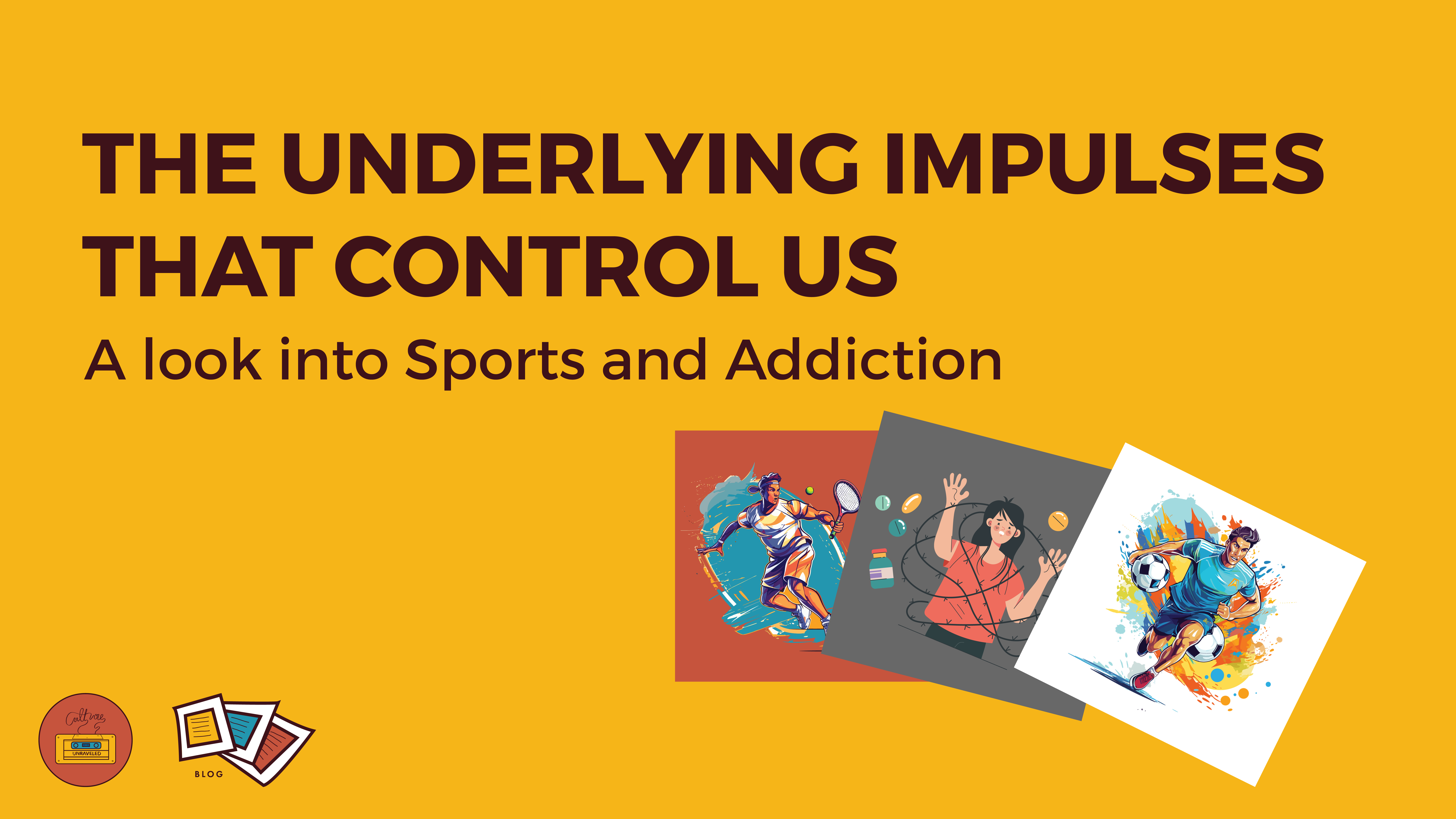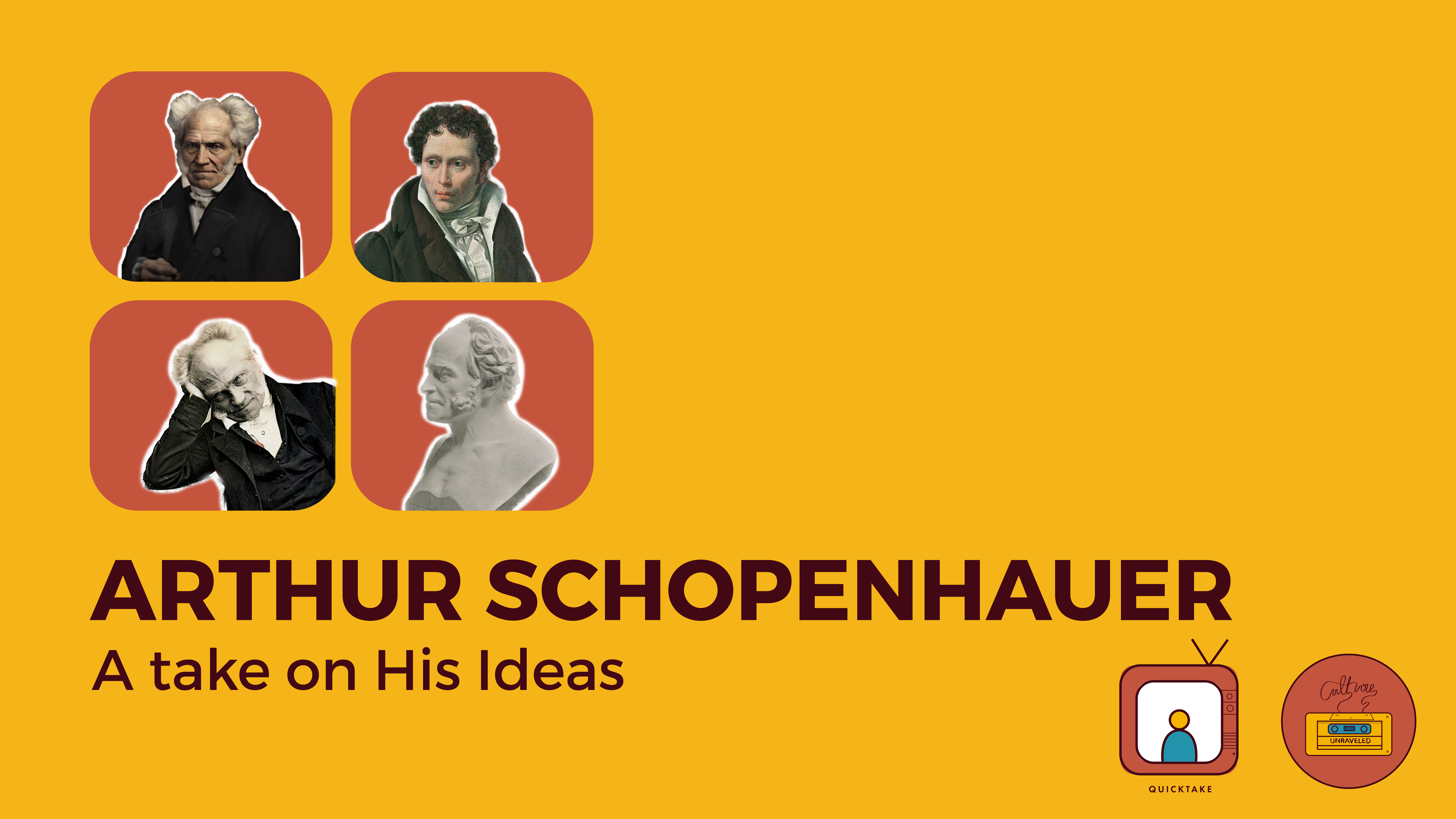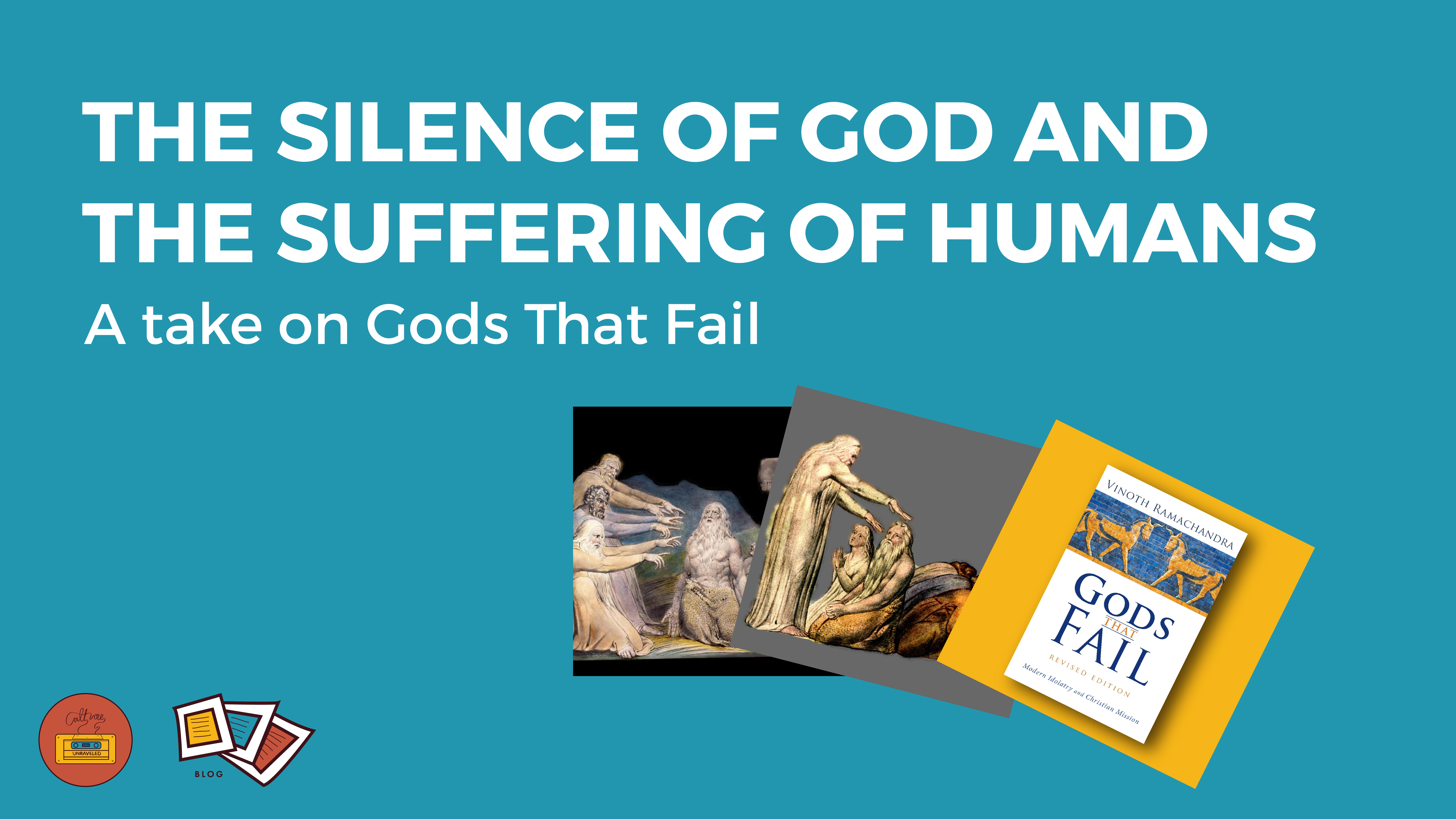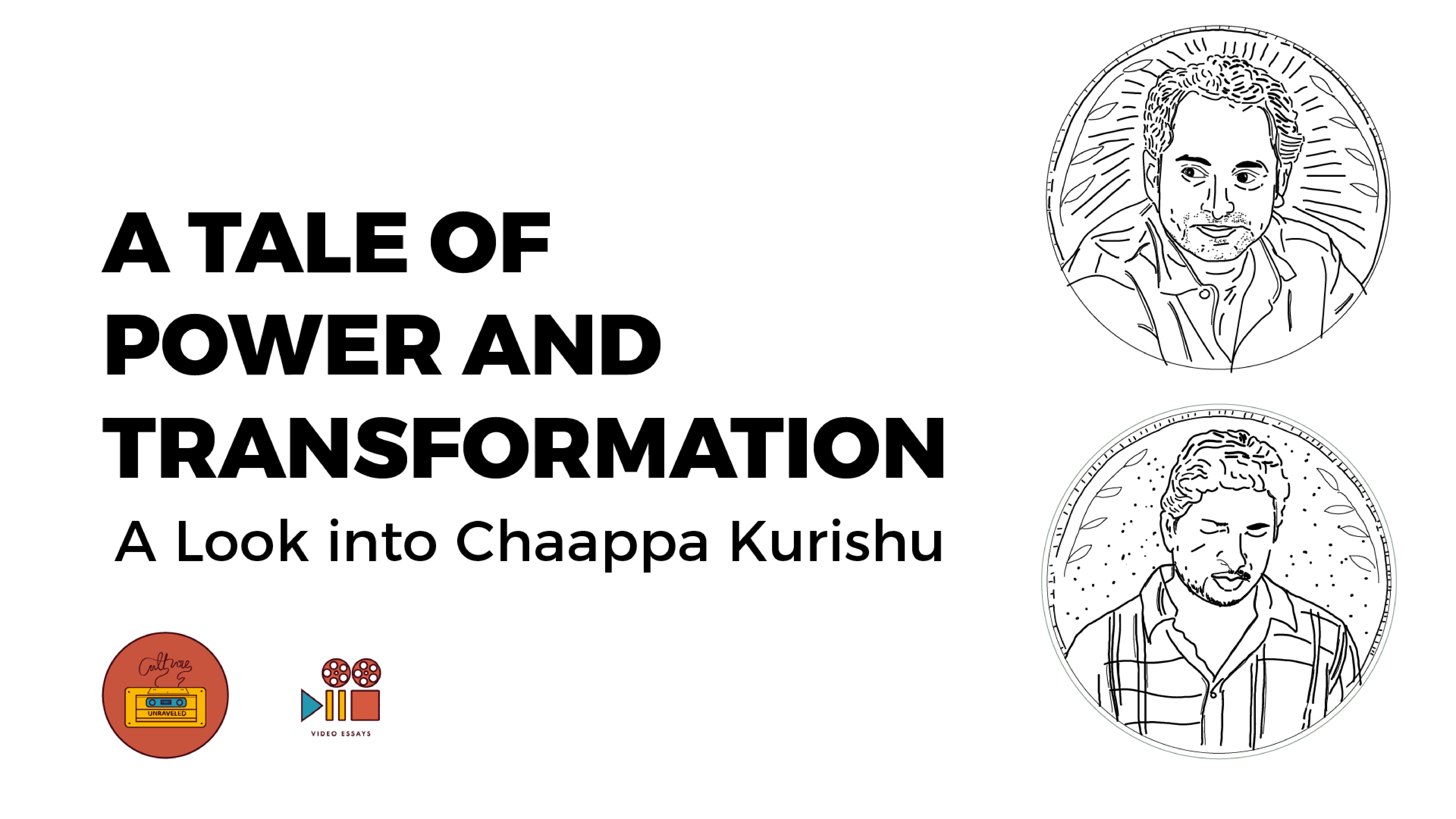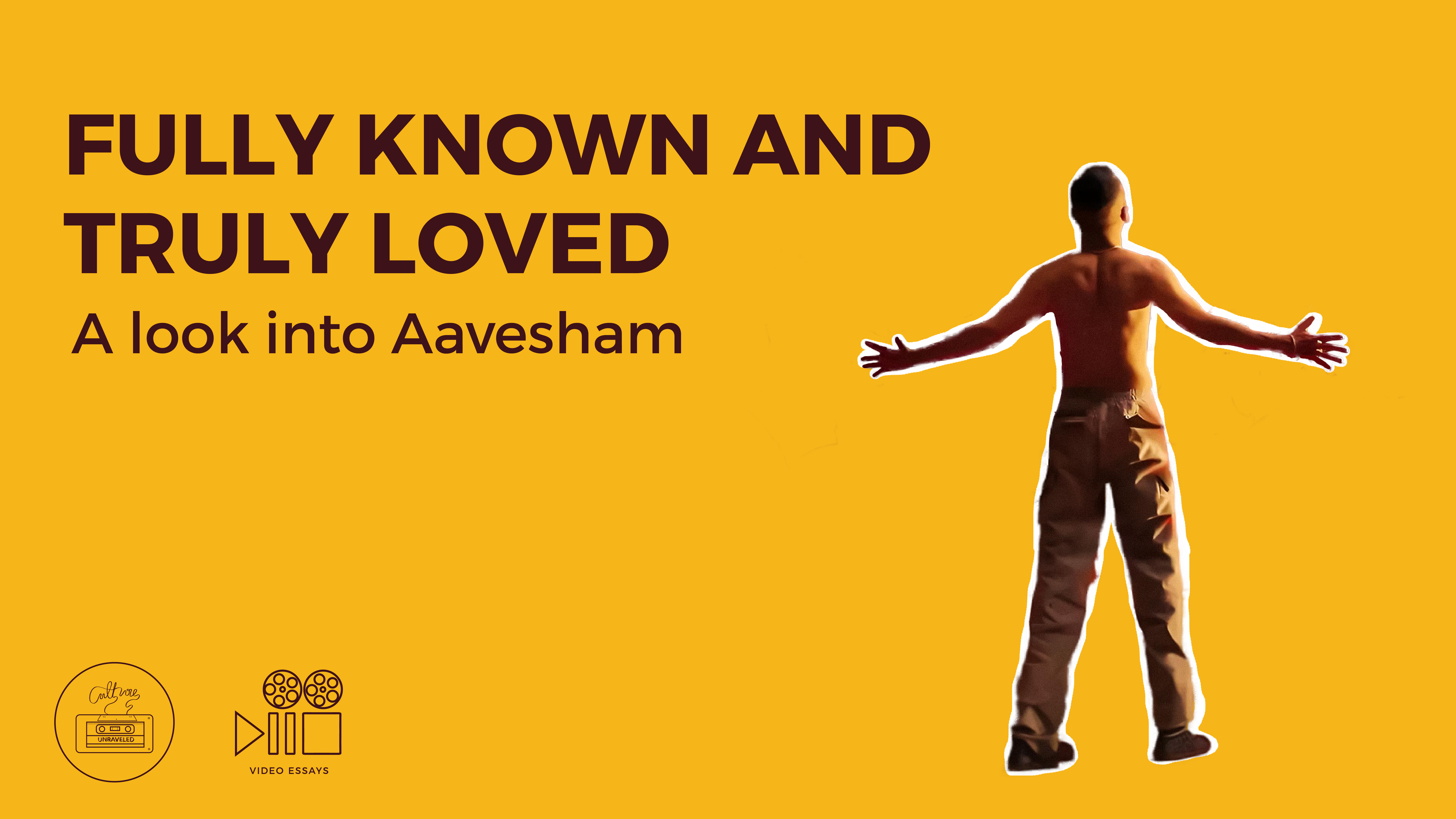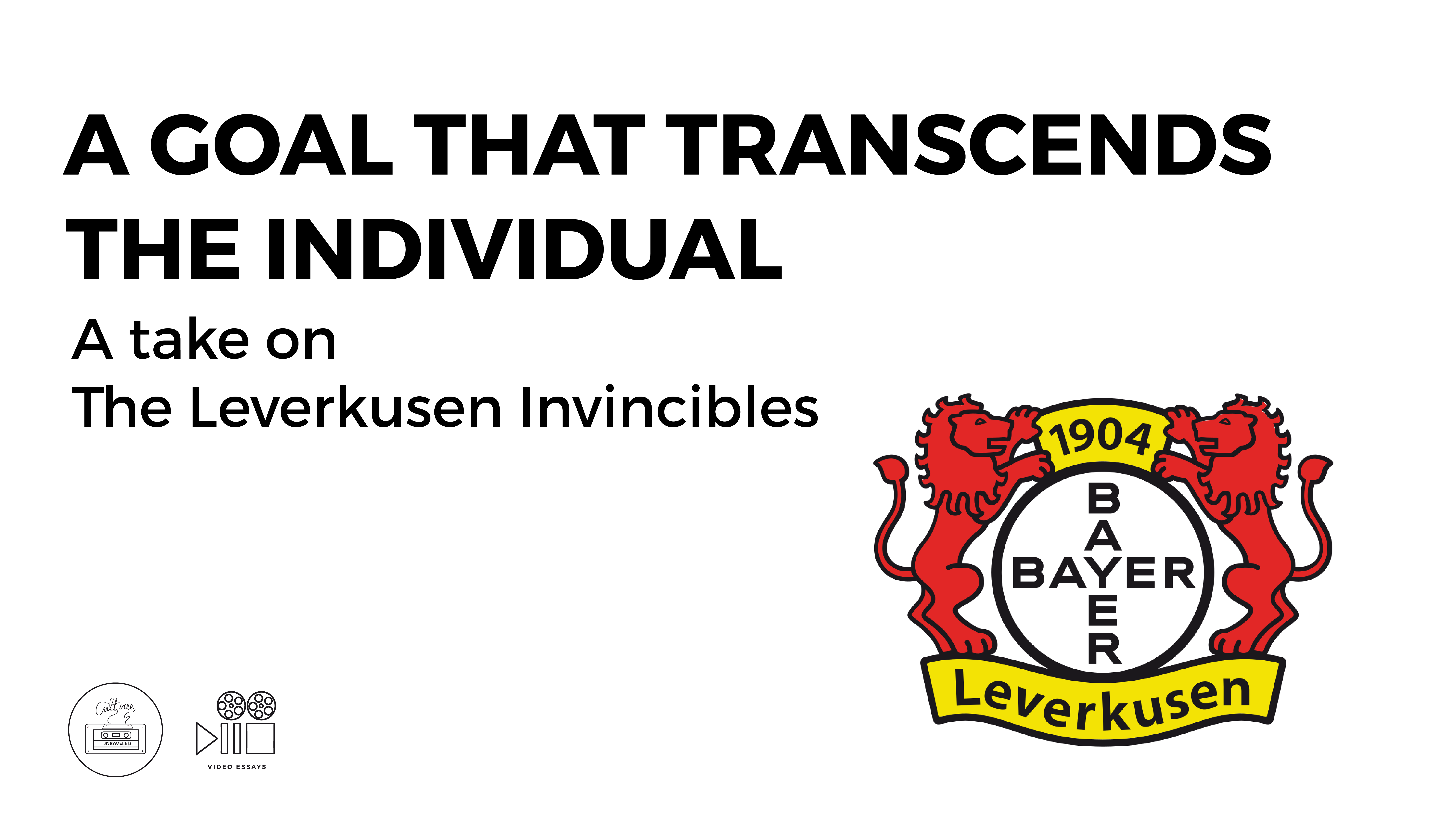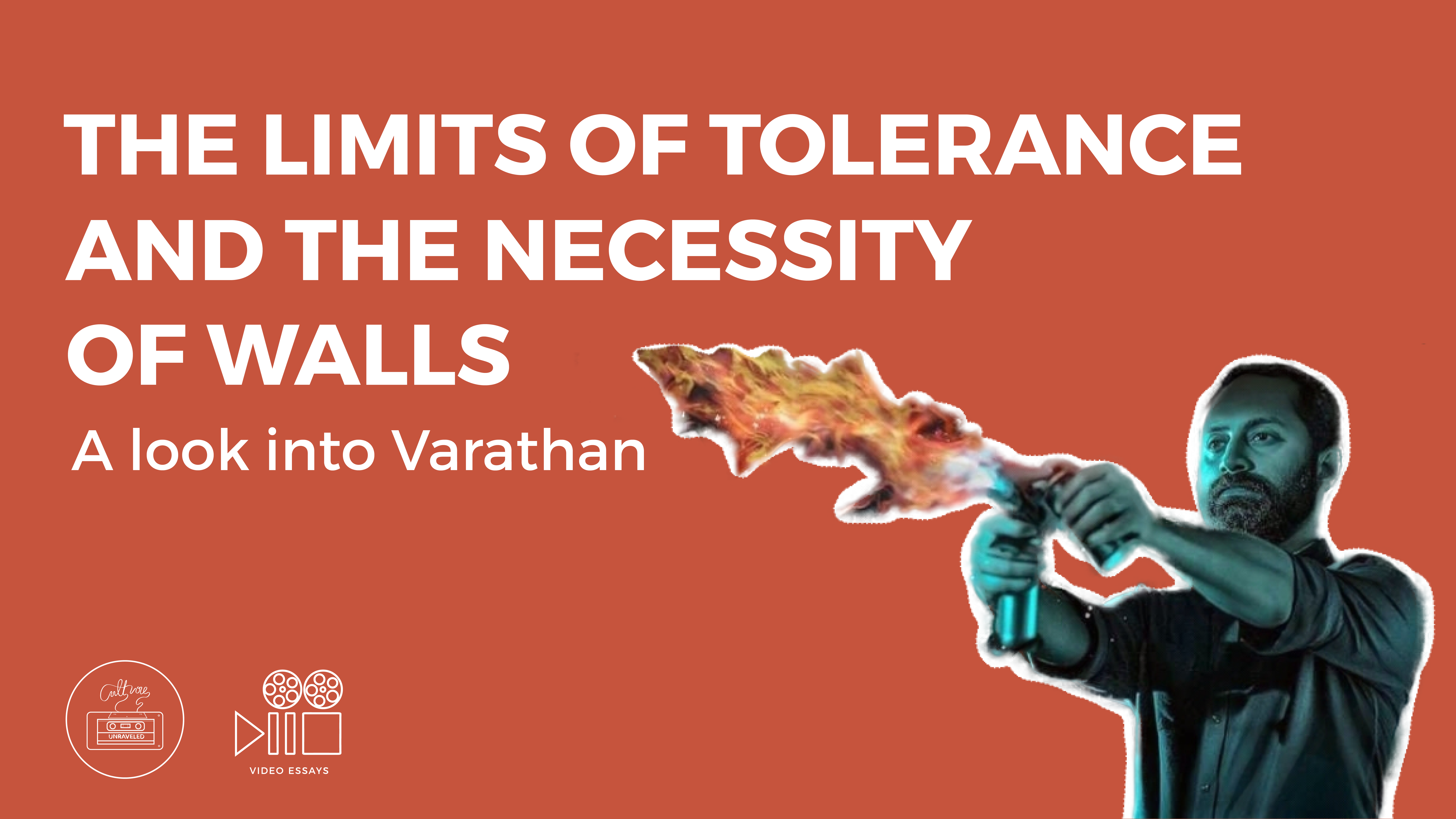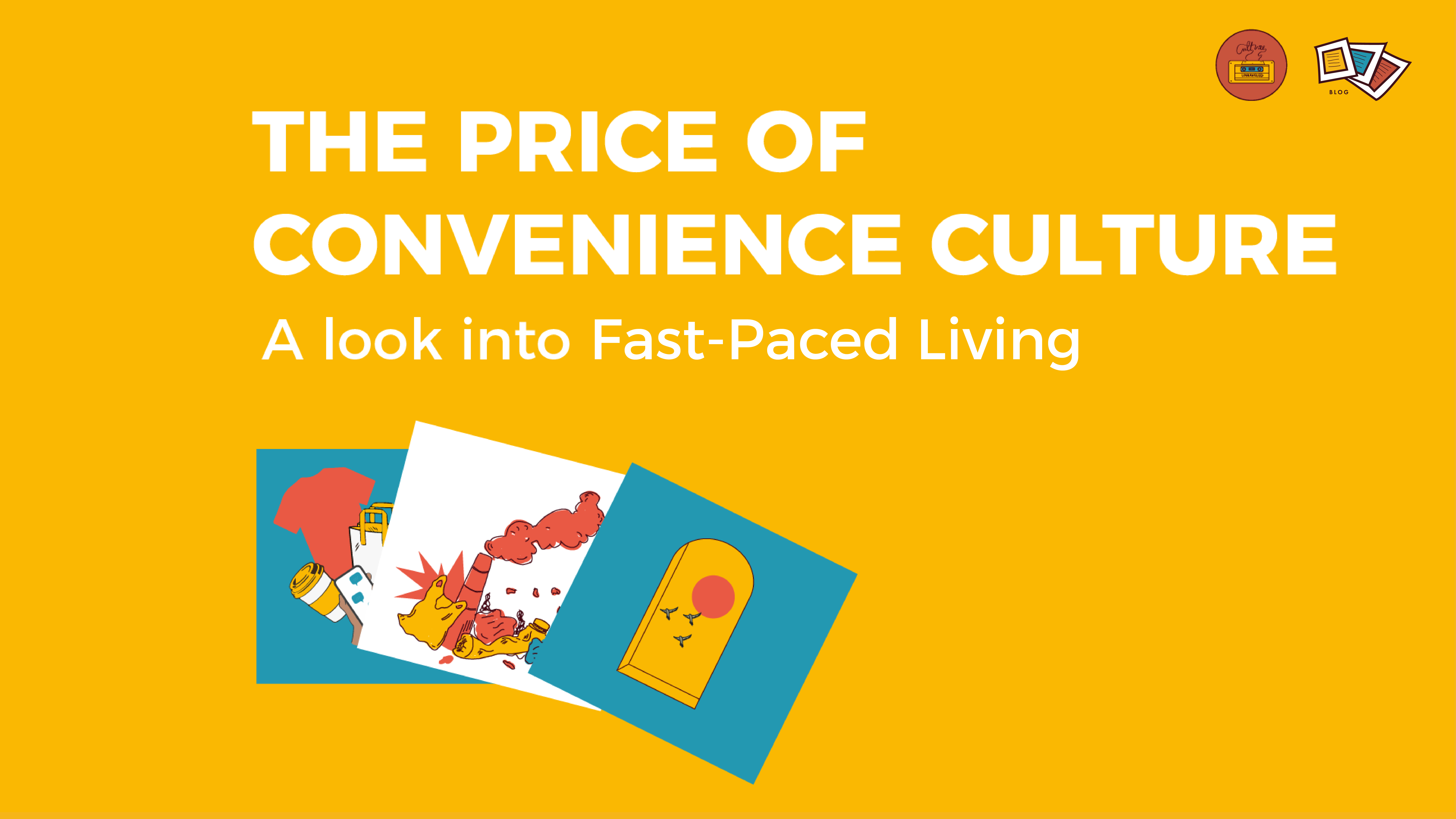
Is ‘Quick and Easy’ Really Convenient?
From movies and food to social media and clothing, we have designed our lives to the pattern of convenience. Delivery-service startups, e-commerce sites, online television platforms and fast-fashion brands are increasing in proportion to our behaviours of instant-gratification.
While the ‘perceived’ benefits of convenience are many, it is good for us to ask ourselves if these benefits exist in actuality.
The good intention of lessening mundane tasks to gain quality time or happiness tends to have counterintuitive impacts when looked at from wider perspectives of psychology, sociology or ecology.
Are we trading valuable attitudes like empathy for efficiency, and is that a worthwhile trade-off?
Missed Opportunities for Connection
An unfortunate consequence of extreme efficiency is a lack of community and feeling of belonging.
Simple tasks like making a grocery run, or asking a friendly neighbour for assistance provides an opportunity for connection. It could forge a long-lasting relationship or simply spark an interesting conversation. These are meaningful experiences in human existence which we lose when we choose a quick-fix over an intentional interaction.
It is harder to experience ‘belonging’ while constantly playing catch-up with rapidly changing trends.
Environmental Repercussions of Convenience Culture
Our heavily streamlined lives have also disconnected us from the world around us, thereby stifling our desire to steward it. As humans, we tend to things that we find value in.
A bird singing in a tree, a carpet of fallen leaves, a tiny worm on a green plant are significant additions to living a vibrant and full life. Nature is a picture of delayed gratification. It functions in seasons regardless of how fast the world is moving.
_________________________________________
Written by Jerusha Isaac


